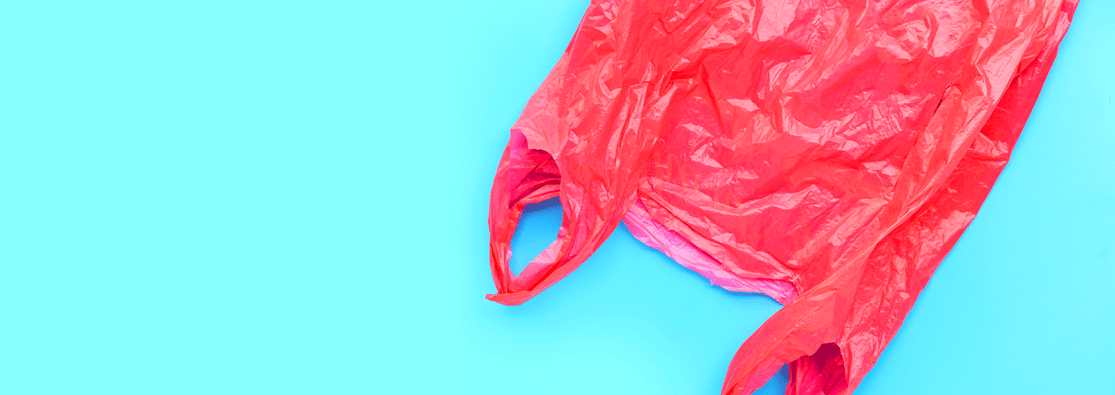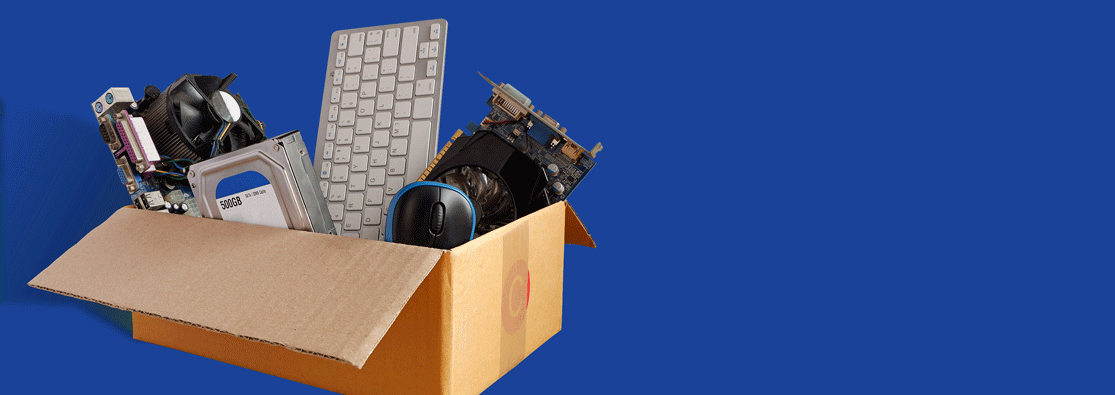Soft plastics can now go in your green bin…

You can now place all plastic into your green (recycling) bin – once it is clean, dry and loose.
What does this include?
- This includes both soft and rigid plastics – everything from a plastic bottle to the plastic film on fruit packs!
Why the change?
- In recent years, there have been many improvements in the technology used for plastic recycling. For example, some Irish recycling facilities now use state of the art optical sorting equipment that can identify different plastic types based on reflection and refraction of light beams, which has increased the opportunity to recycle more plastics. This coupled with continued advancements in technology and the emergence of new markets for different plastic types will also play an important role in plastic recycling into the future.
What will happen to the soft plastic?
- Most of the soft plastics will be sorted and turned into “bales” and sent to recycling plants in Europe and Asia.
- Any remaining plastics can be converted to a Solid Recovered Fuel (SRF) which is used in cement kilns. This replaces fossil fuels, which has a positive impact in terms of lower greenhouse gas emissions.
- By putting all clean, dry and loose plastic into your green bin we can ensure that no recyclable plastic inadvertently ends up in landfill. As technology improves and more types of plastic can be recycled, recycling system will be able to sort and pick them up without delay.
For a downloadable recycling list – click here.
For more information from MyWaste.ie – click here.
Disposing of Electronic Waste – Safely!

It’s no secret that we love our devices! Continuous advancements in technology bring new products and gadgets into our homes, resulting in old electronic goods that need to be disposed of. However, most end-of-life products contain metals and minerals that can be recovered, as well as harmful substances that need to be disposed of carefully.
A study into consumer shopping habits during the pandemic showed a surge in spending on new electrical devices like mobile phones, computers, small kitchen appliances and white goods. In fact, the annual tonnage of electrical goods rose from 15kg per person in 2016 to 21kg last year, according to WEEE Ireland CEO Leo Donovan. However, unless these electronic devices are traded in for a new device, each of those gadgets eventually reaches the end of its useful life and becomes electronic waste.
Why should I recycle my electronic waste?
- Electronics contain harmful substances such as lead, mercury, and cadmium, which must be disposed of correctly. By recycling your e-waste, you are reducing the number of harmful substances going to landfills.
- Raw materials recovered from waste appliances can be recycled and reused.
- To conserve natural resources as materials such as plastics, glass and metals are recovered for use again by manufacturers.
So, what is the best way to dispose of electronic waste?
- Give your e-waste to a certified electronics recycler
Recycling centres, not for profit organisations, such as WEEE Ireland and local civic amenity sites allow you to recycle your electronic waste for FREE! You will find an interactive map on the WEEE website that will guide you to your nearest local recycling centre, Public Collection Day, Electrical Retailer and Bulb Exchange Store. - Sell your outdated technology
One man’s junk is another’s treasure. You can easily sell your old electronic appliances on an online marketplace such as Facebook Marketplace or Donedeal. Not only are you promoting the circular economy by giving your e-waste a new lease of life, but it is also a good chance to make some money.
- Donate your old electronics
If you do not wish to sell your outdated technology, there is always the option to donate it. Many charities in Ireland accept electronics.
When selling/donating electronic goods, it is important to ask 2 questions:
- Is it working properly?
- Is there any personal information saved on the computer/phone/laptop that should be deleted?
With all of that in mind, we are hosting a FREE electronics recycling event with WEEE Ireland in our recycling centre in Oranmore on Saturday the 11th of September.
In 2020, 11.2 kg of e-waste was recycled per person in Galway – exceeding both the 2019 collection rate of 10.9kg, and the 2020 national average – also 10.9kg per person. However, Galway’s e-waste recycling target for 2021 has increased to 13kg per person, to reflect yearly increases in electrical goods consumption, accelerated by Covid-19.
To help our county meet the increased recycling targets, we are urging Galway householders to bring any electrical and electronic waste to our free collection day with WEEE Ireland.
What can I bring?
All household items with a plug or a battery will be accepted free of charge, including old washing machines, TVs, toasters and kettles, electronic tools and toys, cables, IT equipment, mobile phones, remote controls, and even watches.
Where is the WEEE collection event?
The City Bin Co. Recycling Centre, Oranmore, Co. Galway, H91 EVW3
When is the WEEE collection event?
Saturday September 11th from 10am – 4pm
About WEEE Ireland
WEEE Ireland accounts for over two thirds of all national waste electrical and electronics collection activity on behalf of 1,189 producer members.
In 2020, the equivalent of 225,182 tonnes of CO2 emissions were avoided by recycling e-waste through the WEEE Ireland Scheme as opposed to landfilling. That is the equivalent of the annual carbon consumption of 4,504 hectares of trees.
Moreover, 84% of all material that WEEE collect is recovered for use again in manufacturing through both indigenous operators and specialist processors in Europe, according to CEO Mr. Donovan.
We really look forward to working with Galway householders and WEEE Ireland to hopefully recycle a record-breaking amount of electronic waste in 2021!